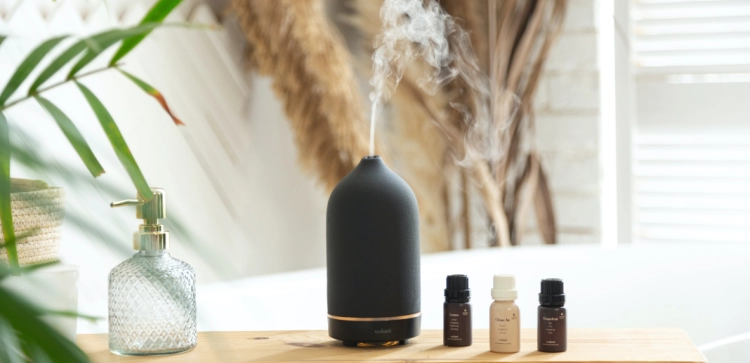




Divuni Mindfulness
If the fridge is under 8-10 years old, a repair is usually worth it, especially if the issue is minor like a faulty thermostat or compressor relay. For older units, consider the repair cost—if it’s over half the price of a new fridge, replacement might be the better option. An appliance repair professional can diagnose the issue and help you decide.
They are so angry, so violent, so aggressive. You meet people in the streets, driving, walking, and they are so angry, so ready for violence.
I always try to tell myself that there is a reason for this, that I dont know what they have been through or what kind of day they are having, that maybe they are just so unhappy. But, then i think, why? Why are so many people so unhappy?
Are all of these people that I encounter so unhappy that it causes them to act like this?
Things can be so simple, so easy, so much less stressful, why do we make it worse?
I would actually love to live without it. At least for certain periods of time.
It's actually less about the internet, and more about technology, and what it has done to society.
At the dinner table - everyone is on their phone.
After dinner - everyone is watching TV or on their phone.
Long drives where you, the driver, would like someone to talk to - others in the car are on their phone.
You try to talk to someone while they are on their phone - good luck! They won't even hear you speaking!
This is something that really makes me want to take more than a few steps back and away from people, and society. Seeing how everyone is so addicted to their phones and social media is just awful for me.
I also have times where I am on my phone, maybe I'll play a game, talk to friends, read articles, but it doesn't consume me. I am not addicted to it. I don't spend hours on it. If someone talks to me, I put it down.
When I am with a partner, and they are on their phone and I mention something about it, only then do they put it down and then say "ok, what do we talk about?".
Verbal communication has been demolished by phones. Couples have difficult time having proper conversations with each other over lunch, or at any time.
I can go on about this, but the answer to the question is yes, gladly.
Sitting on a block, pillow, or anything slightly elevated makes it easier to balance while sitting cross legged with a straight back, and makes it a little bit more comfortable.
I usually sit on a yoga block, which I find for me is the perfect amount of elevation. It allows me to sit comfortably with a straight back and with much less effort. This allows me to actually sit and meditate for longer.





